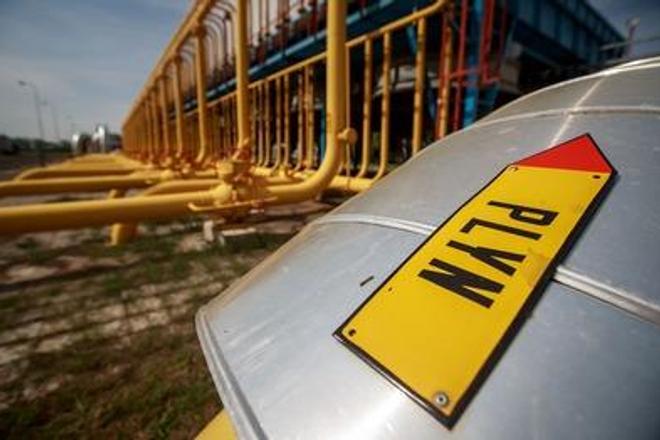This means that its capacity was used at about one half.
“The transport network of Eustream makes up a reliable part of the international transition network transporting natural gas onto the European gas market,” the Slovak Office for the Regulation of Network Industries (ÚRSO) wrote in its annual report as cited by the TASR newswire.
Among users of the Slovak gas transition infrastructure were, based on the ÚRSO’s annual report, Slovak and foreign companies, for example from Russia (69.78 percent), Germany (10.60 percent), Ukraine (5.74 percent), the Czech Republic (3.63 percent), Great Britain (0.33 percent), Switzerland (0.12 percent), Denmark and Austria.
“Gazprom Export was the biggest user of the transit network from the viewpoint of the volume of transported gas,” ÚRSO wrote in its annual report as cited by the TASR newswire.
The total length of the transportation network is 2,332 kilometres and consists of a system of four to five parallel pipes leading from eastern Slovakia westwards. The annual capacity of the transit network is as high as 90 billion cubic metres which is more than 15-times the domestic gas consumption. International gas transit makes up more than 71 percent of the total transport of gas via Slovakia.
Slovakia’s ambition, while the route through it is key for gas flows to some of Gazprom’s biggest clients, Italy and Germany, is to keep gas flowing via Slovakia while Russia plans to drop Ukraine as a route for transporting natural gas to Europe. Such a step would leave state-run Gazprom facing about $1 billion in annual transit fees to Slovakia and Bulgaria for years to come, analysts and industry sources say as cited by Reuters on July 20. Thus, according to some analysts circumnavigating Ukraine will come at a too a high cost.
Billions of euros will be needed to build and expand alternative routes, and the route of the existing pipeline means transit fees to Slovakia and Bulgaria will have to be paid by Gazprom even if Russia manages to bypass Ukraine by 2020.
Under the contracts with the two countries, which ship gas on to western and southern Europe respectively, Gazprom will have to pay Slovakia until 2028 and Bulgaria until 2030 regardless of whether they actually ship any gas through them, wrote Reuters.
“This is the biggest issue - no-one knows what to do with this (Slovak) contract,” a Gazprom source said as cited by Reuters.



 (source: Sme)
(source: Sme)